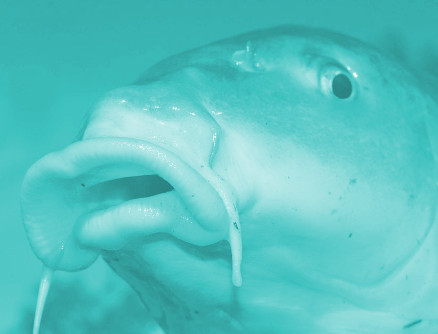Carp plan caution urged
 A report on the National Carp Control Plan report has called for more research before unleashing herpes on the pest species.
A report on the National Carp Control Plan report has called for more research before unleashing herpes on the pest species.
In 2016, the Federal Government under Prime Minister Malcolm Turnbull allocated $15.2 million to investigate the feasibility of releasing the Cyprinid herpesvirus 3 as a biological control agent for common carp.
Of that funding, $10.4 million was allocated to the Fisheries Research and Development Corporation (FRDC) to undertake the feasibility assessment that became the plan.
The government provided a 12-month extension to the plan in 2018, before it was delayed again in 2020, which the government at the time blamed on the COVID-19 pandemic.
In July 2022, the federal Agriculture Department said the plan would be formally submitted by the FRDC at the end of August 2022m and in October of this year, it was delivered to the Agriculture Department, but not released publicly.
The report has now surfaced, and Agriculture Minister Murray Watt says it shows the virus could be effective, but a cautious approach should be taken.
The report does not explicitly endorse releasing the virus to control populations, but outlines some steps that would be required before doing so.
The report says a carp herpes virus could reduce and suppress populations by 40 to 60 per cent and by up to 80 per cent in less resilient populations.
However, it calls for further research into how the virus could affect other fish species, including native species. This could include more real-life modelling on Australian variants of carp.
Research was found to have been limited to laboratory conditions under Australian biosecurity laws, because the virus is exotic.
It also upholds concerns about the impacts on water quality from decomposing fish, how long the virus would remain effective at killing carp and whether it could infect native fish populations.
The federal agriculture department says it will take several years to complete the necessary research before the virus could be released.
“As an established pest species, the eradication of carp is unlikely,” a spokesperson said.
“The purpose of the NCCP is to assess how effective the carp virus could be in controlling carp populations.”
There will be no immediate public consultation on the report.
“Extensive public consultation was undertaken during the development of the NCCP and this is outlined in the NCCP documentation,” the spokesperson said.
“If agriculture ministers decide to proceed with the biological control program, further public consultation will certainly occur before any virus release.”
The document still needs to be reviewed by the National Biosecurity Committee too.







 Print
Print